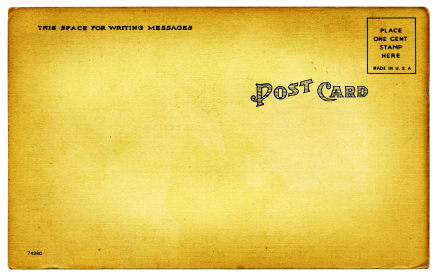 Everyone knows the dreaded moment when you hear your parents call out your name. You can tell by the sound of their voice that whatever reason that they are looking for you, it’s probably not good. After all, if they want to surprise you with good news, they usually carefully orchestrate the details so that you are there awaiting the pronouncement. If they are hollering for you, however, it probably means that punishment is on its way.
Everyone knows the dreaded moment when you hear your parents call out your name. You can tell by the sound of their voice that whatever reason that they are looking for you, it’s probably not good. After all, if they want to surprise you with good news, they usually carefully orchestrate the details so that you are there awaiting the pronouncement. If they are hollering for you, however, it probably means that punishment is on its way.
Unfortunately, this is how many people, view death. They see it as God calling out their name, and ruining all the fun they’re having on Earth. Even self-proclaimed Christians view the end of this life in this way. For them, heaven is not a gift, but an acceptable destination for what comes next.
Charles H. Spurgeon, however, demonstrates their should be a marked contrast between how the believer and the nonbeliever view death. As he states:
There is an essential difference between the decease of the godly and the death of the ungodly. Death comes to the ungodly man as a penal infliction, but to the righteous as a summons to his Father’s palace. To the sinner it is an execution, to the saint an undressing from his sins and infirmities. Death to the wicked is the King of terrors. Death to the saint is the end of terrors, the commencement of glory.
It’s a stark difference in perception. We tend to think of death as scary and foreboding, but to the believer, it is an anticipated longing. We make death formidable, but the Christian knows the One who has conquered it. Death is the true beginning of the believer’s life, not the end.
It makes sense why death would be viewed with hesitation; it is something that no one on Earth has experienced. However, Scripture makes it clear that for the Christian “to die is gain” and we should look forward to when God, in His perfect timing, calls our name, and brings us Home.
How would our lives change if we viewed death as Spurgeon states a believer should?
